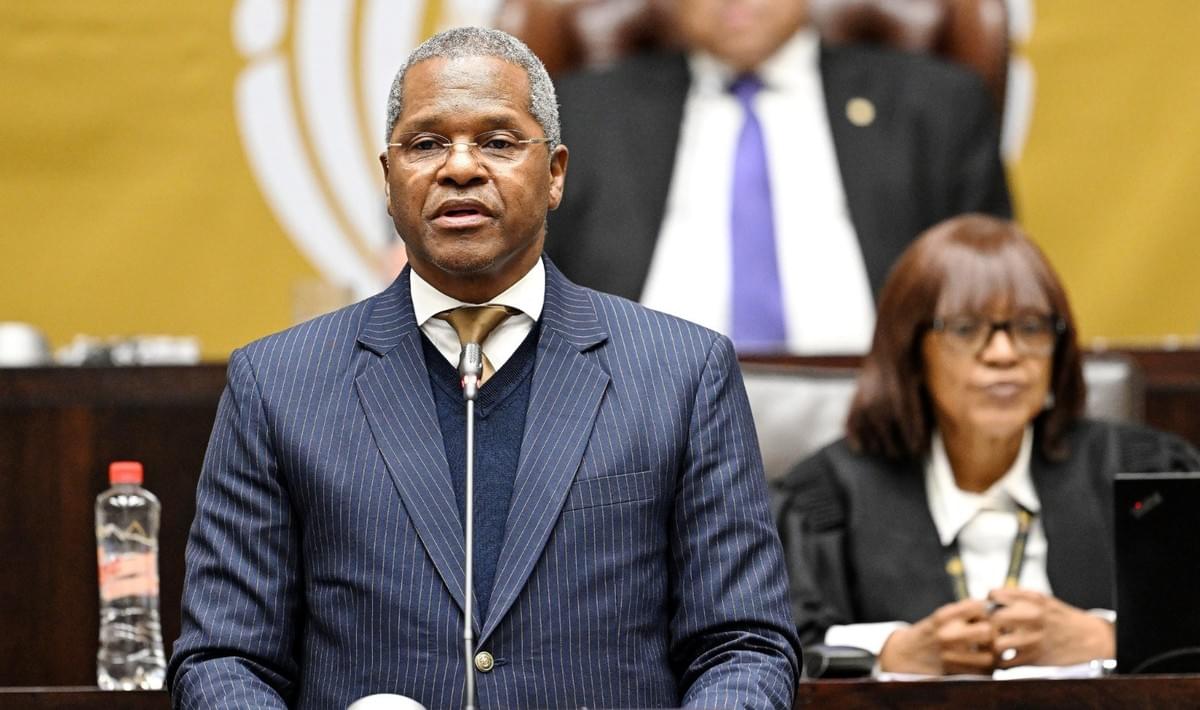
I woke up this morning filled with something I haven’t felt in a long time — a deep sense of certainty that we are heading in the right direction.
As someone who works at the intersection of civil society, gender justice, and political education, I am constantly watching, constantly reading the landscape, and constantly asking — is this the leadership we’ve been waiting for?
And yesterday, I heard something that stirred my feminist soul.
Minister of Cooperative Governance and Traditional Affairs and President of the Inkatha Freedom Party, Velenkosini Hlabisa, stood before a room full of women and youth during the White Paper on Local Government Review Dialogue at Birchwood Conference Centre and made it clear: the time has come for young women to lead — not as placeholders or deputies, but as mayors, as speakers of council, as executives in their own right.
“If you talk to women, you talk to people who support families. People who are the majority and people who have been previously disadvantaged. I throw a challenge that we want to see more young females, not only belonging to the executives or being deputy mayors, but we also want to see them taking leadership as mayors of council, as speakers of council, while they are still youth.”
— Minister Velenkosini Hlabisa
This isn’t just political rhetoric. It’s feminist leadership in action. And yes, I’m calling him a feminist.
I know that word scares some people. I know that it has been misused, misunderstood, and manipulated. So allow me, as someone who proudly wears that title, to explain it clearly:
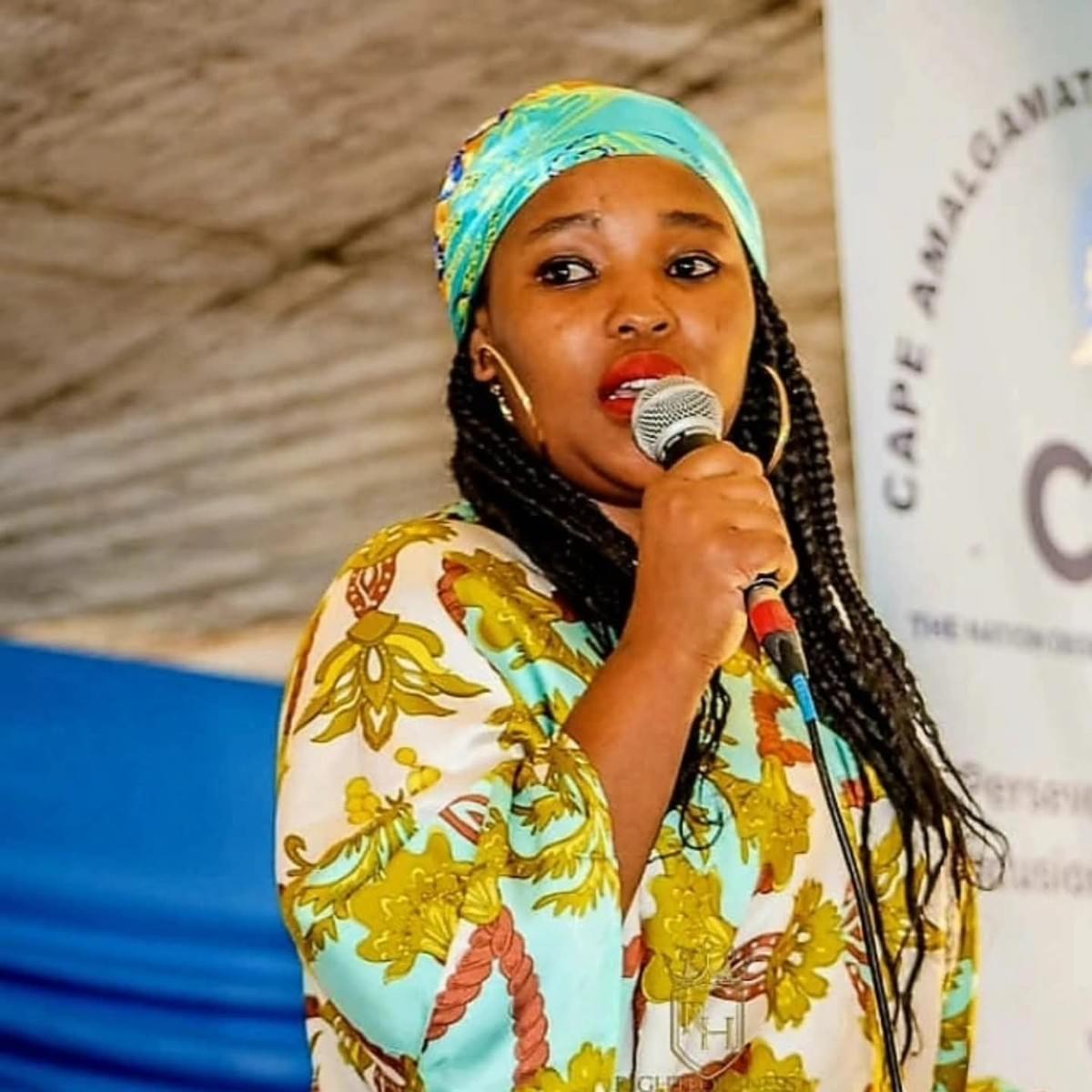
Feminism is the belief in the social, political, and economic equality of the sexes.
It is the recognition that women — in all their diversity — deserve access to power, to protection, to opportunity, and to voice. It is not about hating men or reversing oppression. It is about levelling the ground so that all of us — regardless of gender — can build a future that is just, inclusive, and liberating.
So yes — when a political leader says that we must see more young women leading in local government, I stand up and say: that is a feminist act. And in that moment, President Hlabisa showed us what feminist leadership can look like from a man in power. Not performative, not soft, but strong and clear.
As someone who has worked for years in civil society, heading an award-winning women’s rights organization, I have always advocated for women’s active participation in politics. I believe deeply that women don’t just belong at the table — we should be leading the table.
I’ve seen firsthand what happens when women lead: communities become more responsive, more transparent, more human. We know how to lead — because we already do it. In families. In stokvels. In churches. In grassroots movements. In village committees. We are already leading. Politics simply needs to catch up.
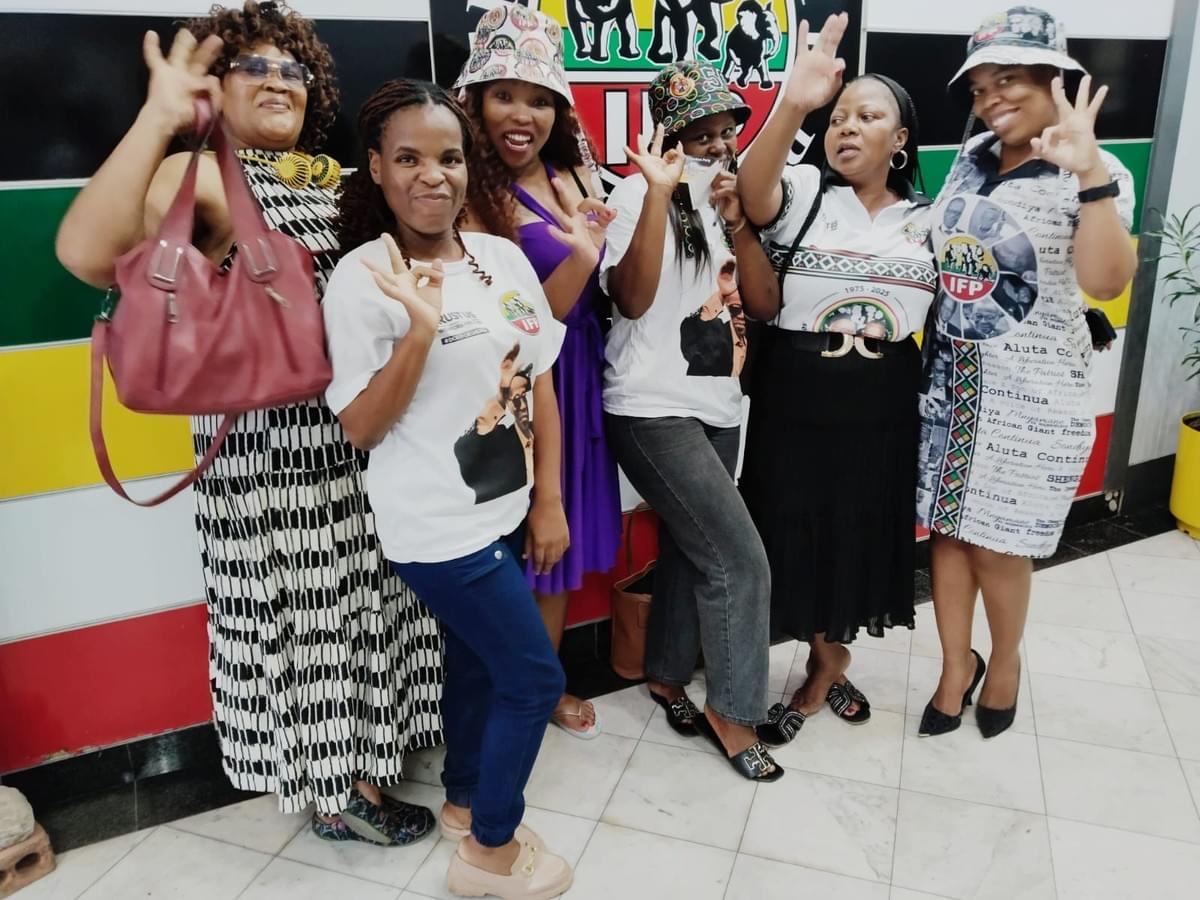
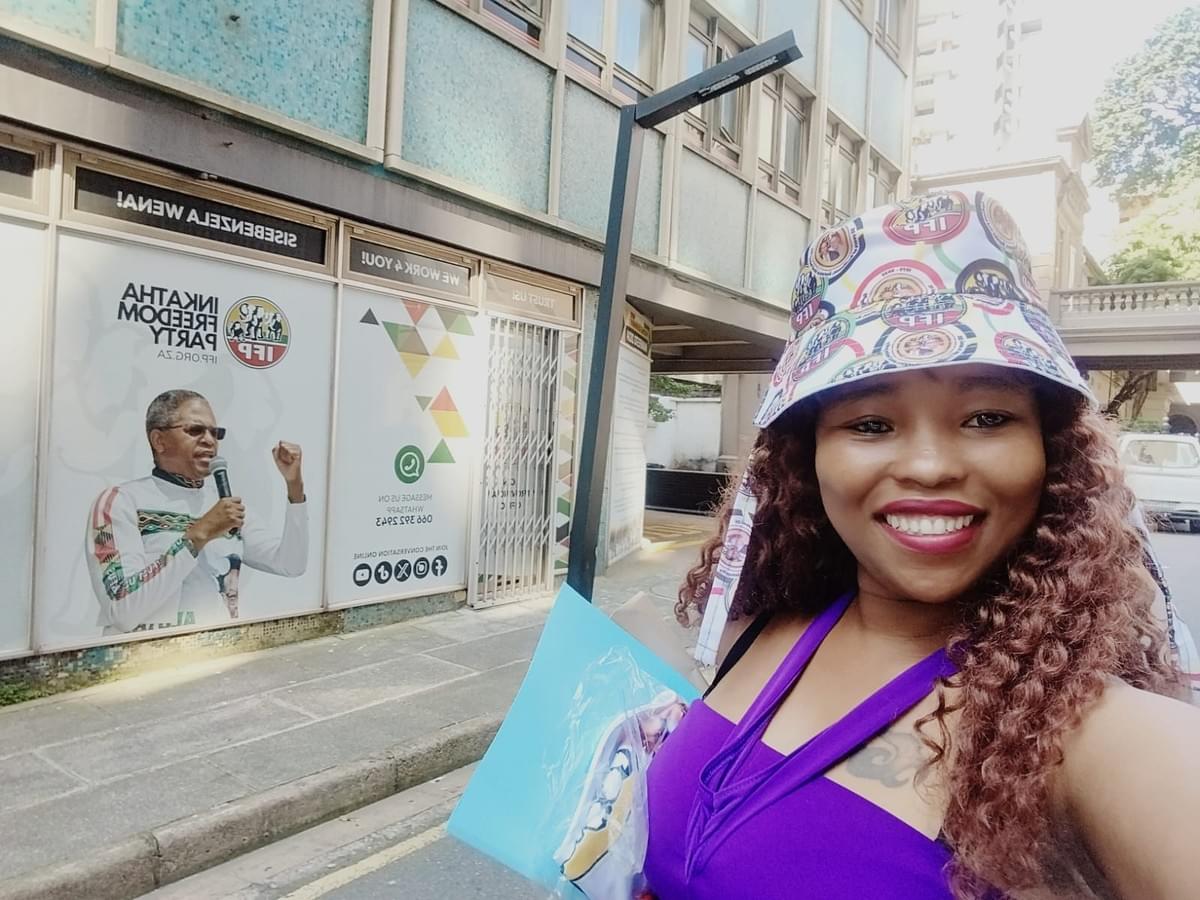
Before joining the IFP, I served as a provincial chairperson of a women’s forum in my previous political party. I worked to make sure women were elected into regional and branch positions, that they had influence over constituency planning and campaign strategy. I didn't sit back — I stood up. Because I believe that we cannot keep demanding change if we’re not willing to be part of the machinery that makes it.
And that’s why I joined the IFP.
Yes — I’ve been questioned for that decision. I’ve been told the IFP is a patriarchal party. That it’s full of men in leadership. That it’s not aligned with feminist values. And I don’t deny that, like many political parties in South Africa, the IFP has room to grow. But here’s the difference: some of us don’t run away from difficult spaces — we walk in to change them.
And change is happening. I see it. I feel it. I hear it in the voices of young women who are ready to lead and just need a party that believes in them. I hear it in President Hlabisa’s words. I see it in the engagement spaces being opened across provinces. I see it in women like myself — feminists — who are unapologetically reshaping the narrative from within.
The White Paper Review on Local Government isn’t just a policy process. It’s an invitation to reimagine what power looks like at the most important level of government — the local one. Because local government is where real change happens. It’s where services are delivered. It’s where women face the daily failures of the state. And so it must also be the place where women lead the transformation of those systems.
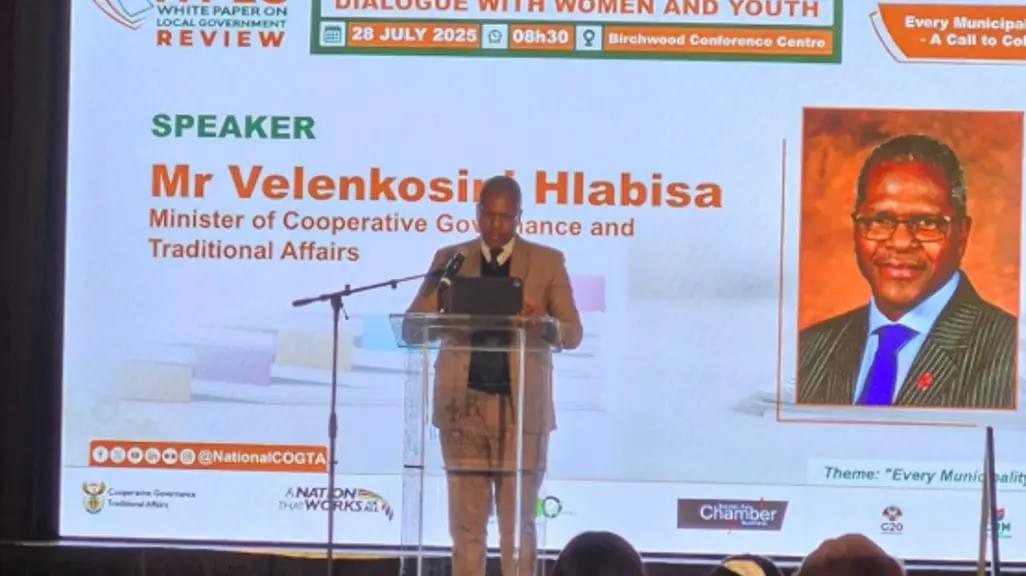
I genuinely believe that after yesterday’s dialogue on the White Paper Review with women and youth, President Hlabisa won the hearts of many women in this country. His words did not fall on deaf ears — they landed in the hearts of those who have been waiting, fighting, and hoping to be seen. And in a country where women and youth are the majority of the electorate, this moment matters.
This is not just about applause in a room — it is about influence at the ballot box. If the IFP continues on this path, guided by leaders who speak to our lived realities, then it is not just winning debates — it’s winning trust. And trust is everything.
We are headed toward local government elections. And this is not just a call for voter registration. This is a call for women to stand as candidates. To be supported. To be elected. To be heard. We must not wait for permission. We must step forward, and we must do so boldly — knowing that we are no longer alone in that journey. We have each other. And yes, we have leaders — like Minister Hlabisa — who are opening the door wider.
So to every woman who still doubts whether politics has space for her: it does. To every young feminist who wonders if she belongs in a political party that doesn’t yet fully reflect her: you do. Because we are not here to be shaped. We are here to reshape.
And to the IFP: the future you are walking into is feminist. Whether you like it or not, we are already here. And we are not walking behind. We are walking alongside.
Let’s build local government that reflects the majority of this country. Let’s build leadership that reflects our homes, our mothers, our sisters, our strength. Let’s build a party that knows the difference between tradition and oppression — and chooses tradition that evolves.
I am a feminist.
I am a member of the IFP.
And I am not afraid to say both in the same breath.
Because when leadership speaks like it did yesterday, I know for certain: we are not just changing the narrative. We are writing a new one.

